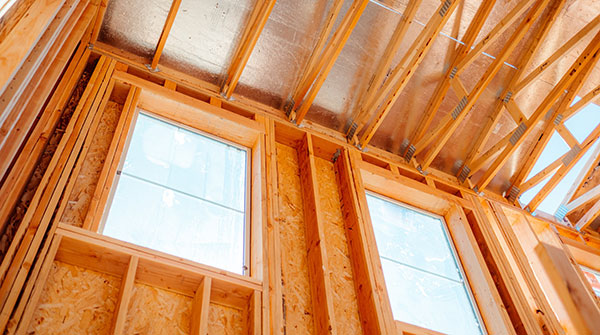As the economy gradually begins to reopen, housing construction delays and lower sales activity of new homes are forecasted in the short term, says a new report released Thursday by Statistics Canada.
However, buyer demand is expected to rebound and new housing prices could remain stable or even increase in hot housing markets where demand is high and inventory of available homes is low, said the federal agency.
“There could be more of an impact on harder-hit markets already affected by job losses prior to COVID-19. In addition, the risk of supply chain disruptions and of allowing fewer workers on job sites could lead to higher construction costs and thus affect housing construction activities,” it said.
In April, 16 of the 27 census metropolitan areas (CMAs) included in the New Housing Price Index saw little or no change in new housing prices. However, the number of new homes sold by the builders surveyed in April declined by almost two-thirds (64.1 per cent) compared with the same month last year. A similar trend was observed on the resale market at the national level, with sales down 57.6 per cent in April year over year, according to the Canadian Real Estate Association, added StatsCan.
According to the report, new home prices were unchanged at the national level in April following two consecutive monthly increases.New house prices rose in 13 of the 27 CMAs surveyed in April, were flat in 11 and declined in three.
“The largest increases were in Guelph (+0.6 per cent), Kitchener–Cambridge–Waterloo (+0.5 per cent) and Ottawa (+0.4 per cent). Builders tied the gains to market conditions. Additionally, the inventory of available homes has been low in these CMAs. The growth of new house prices in Canada’s historically expensive housing markets, Vancouver and Toronto, remained unchanged in April after two consecutive months of price gains. New house prices declined the most in Edmonton (-0.3 per cent), Calgary and Regina (both down 0.2 per cent) in April, with the decreases primarily attributable to weak market conditions,” said the report.
“At the national level, new house prices edged up 0.9 per cent year over year in April. For the 10th month in a row, the largest year-over-year price increases occurred in Ottawa (+10.5 per cent) and Montréal (+8.4 per cent). In April, for the third consecutive month, new house prices fell the most year over year in Regina (-3.6 per cent) and Calgary (-1.6 per cent). Annual price movements have been negative since February 2018 in Regina and since July 2018 in Calgary.”


